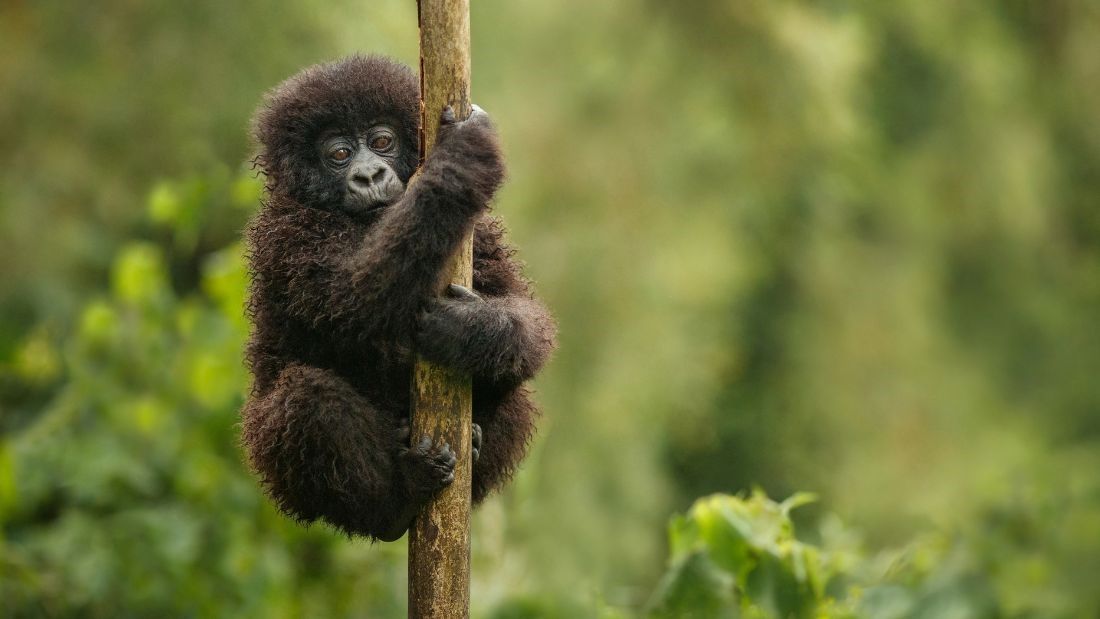Dietary change is crucial to protect biodiversity

Animal agriculture is the main driver of biodiversity loss. This threat to the future of humanity is often overlooked when considering the environmental impacts of diet.
A recent study estimated the biodiversity impacts of five different diets in the US, estimating how many species would die following the widespread adoption of each diet. It also considered the impact of halving food waste in all five scenarios.
Not surprisingly, the meat-heavy, traditional US diet was catastrophic, condemning 200 species to extinction, 80 of them outside the US. Reducing food waste would save only 25 species. However, the worst diet of all was the Mediterranean diet, which would increase extinctions to 240 species because of greater cattle production for higher dairy consumption. In addition, more land would be needed to grow grain to feed farmed fish.
The best diets were the vegetarian and Lancet Planetary Health diets, which led to 30 per cent fewer extinctions, largely because less pastureland for livestock would be needed. Reducing food waste on these diets would halve the overall biodiversity footprint. Lead author, Dr Quentin Read, did not include a vegan diet in the study but said that he believes the results would have been better if he had.
Changing people’s diets on a large scale remains a challenge, but changes by individuals do have an impact. Fortunately, the diet with the lowest impact on biodiversity also produces the least greenhouse gas emissions while providing delicious, healthy and nutritious food. The will to make the changes necessary to achieve these benefits remains the biggest barrier, but this new research provides yet more evidence of the way forward.
Read QD, Hondula KL and Muth MK. 2022. Biodiversity effects of food system sustainability actions from farm to fork. Proceedings of the National Academy of Sciences USA. 12, 119 (15) e2113884119.




